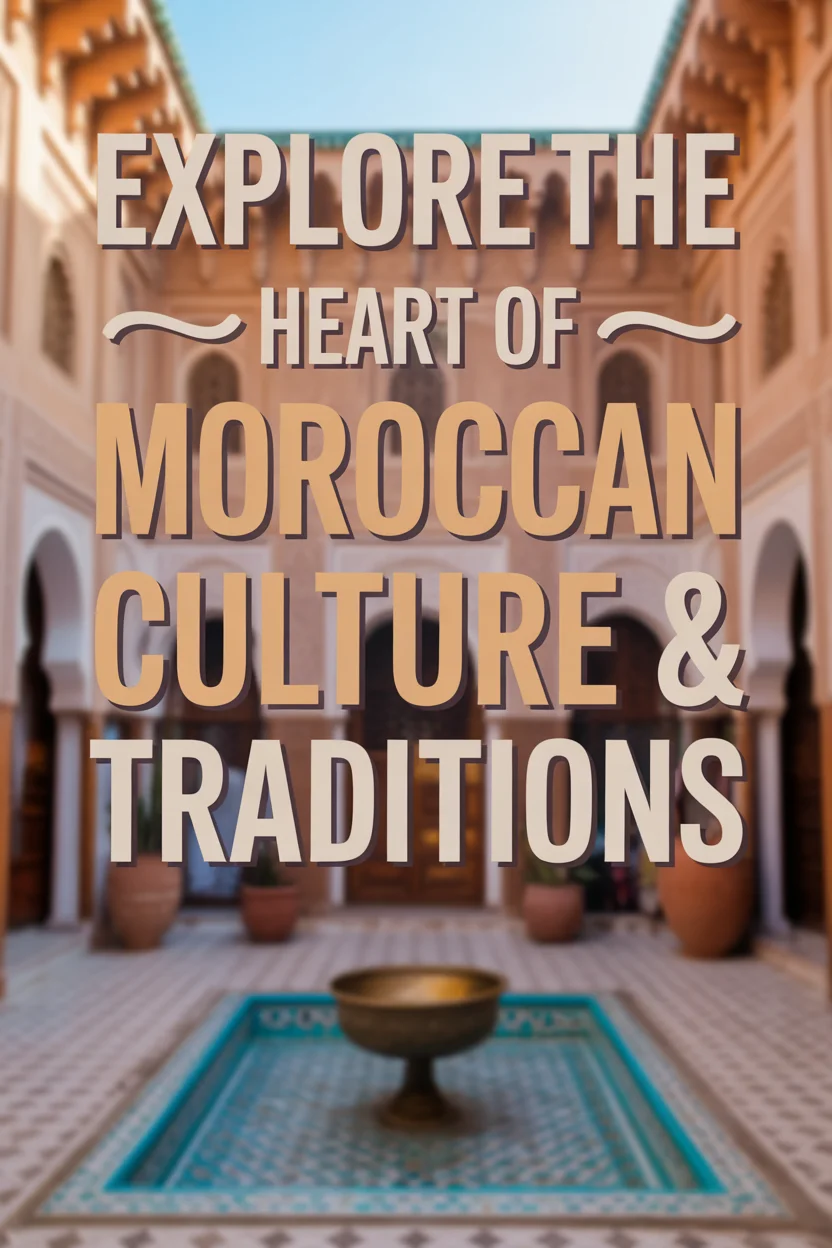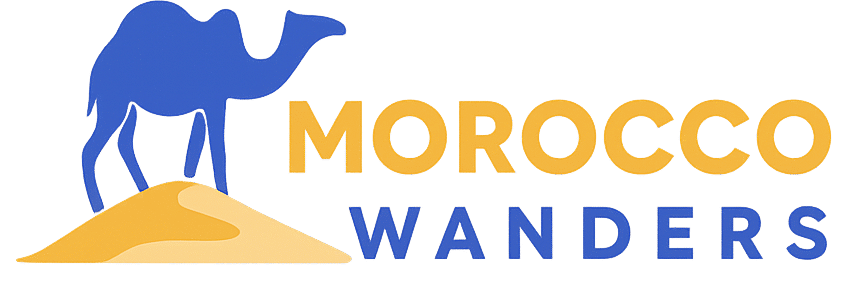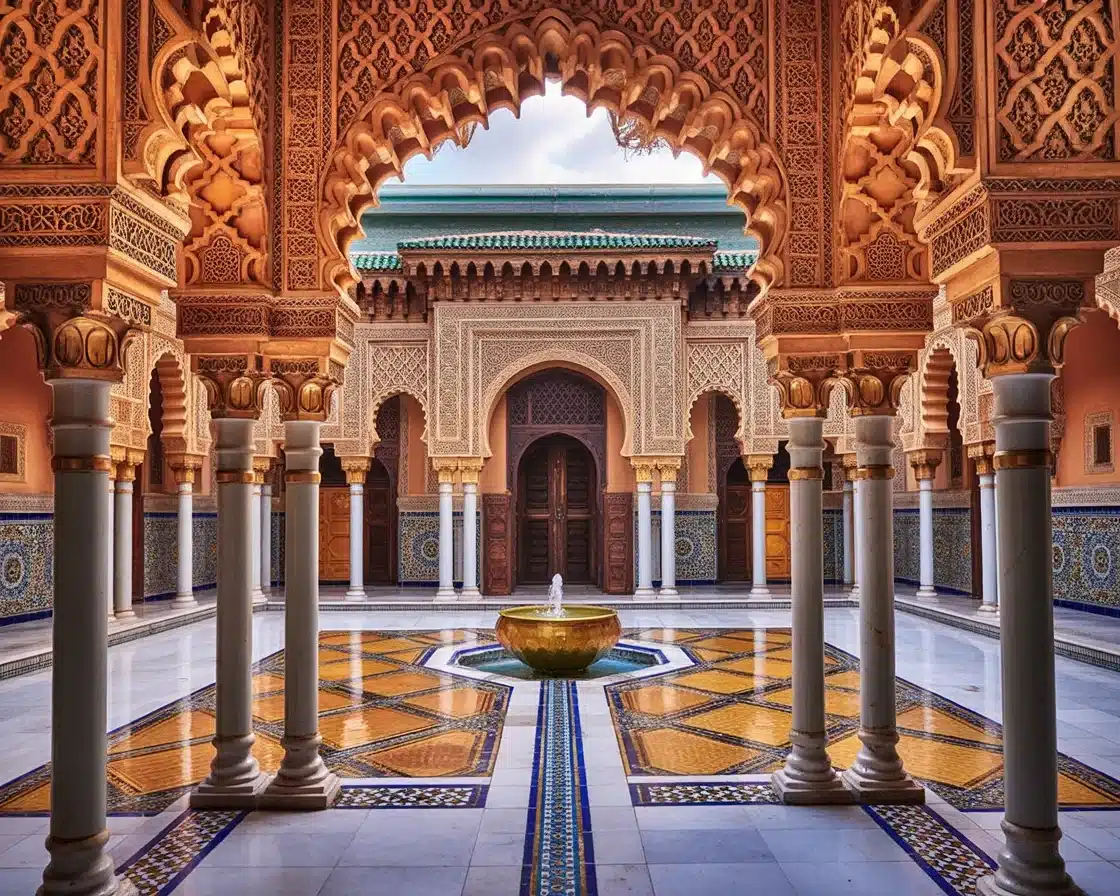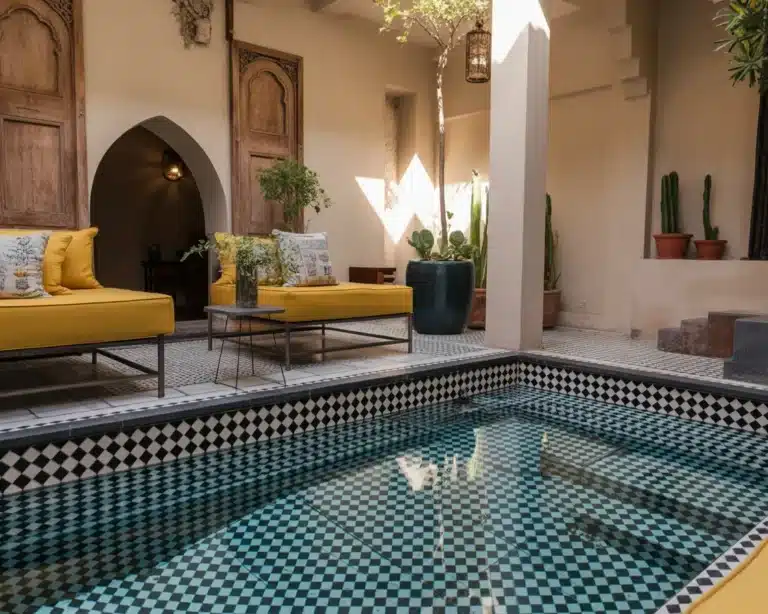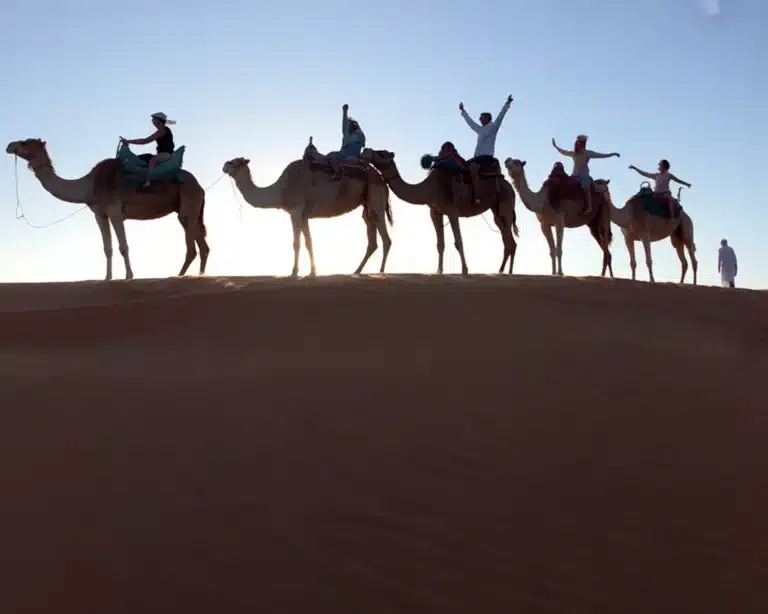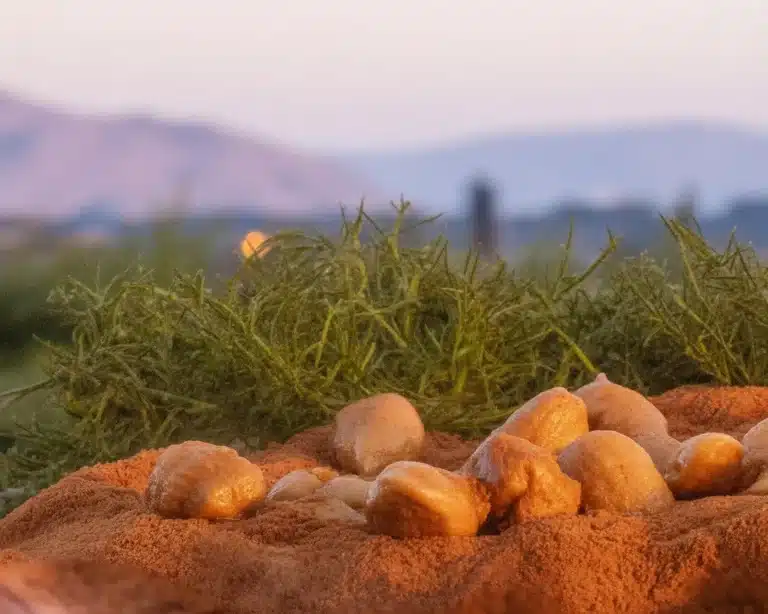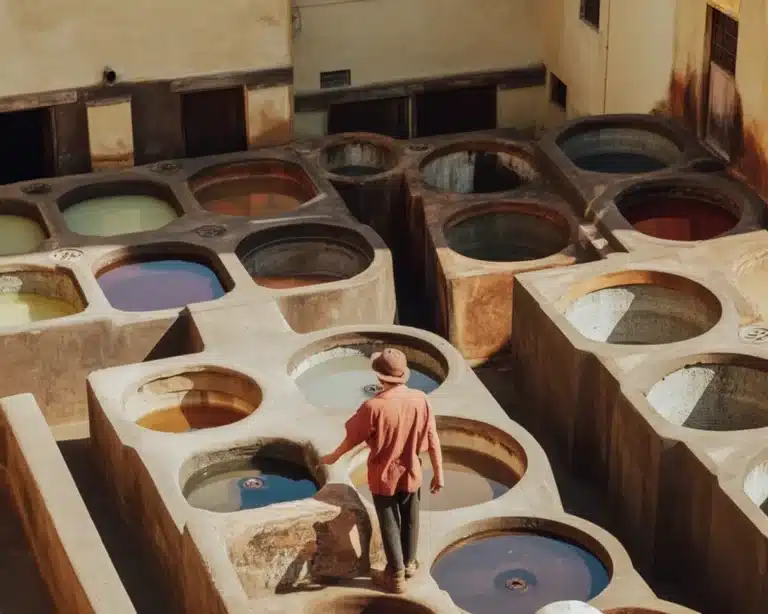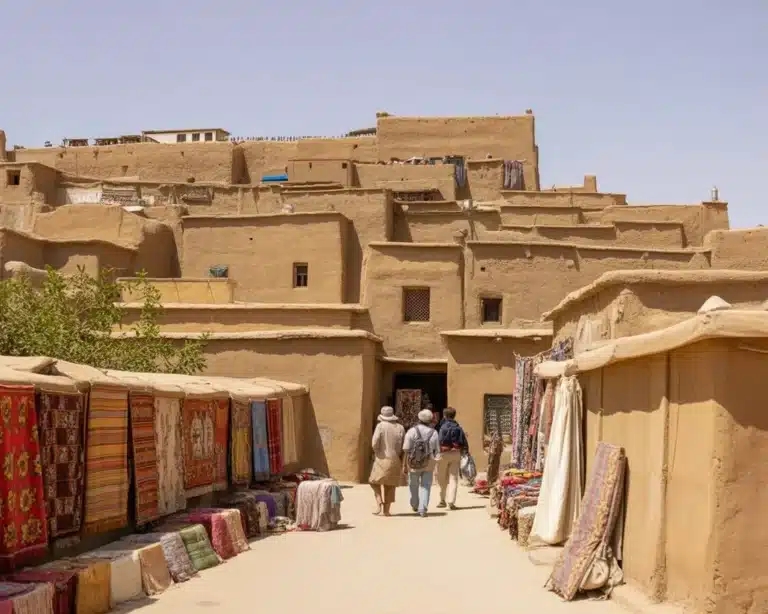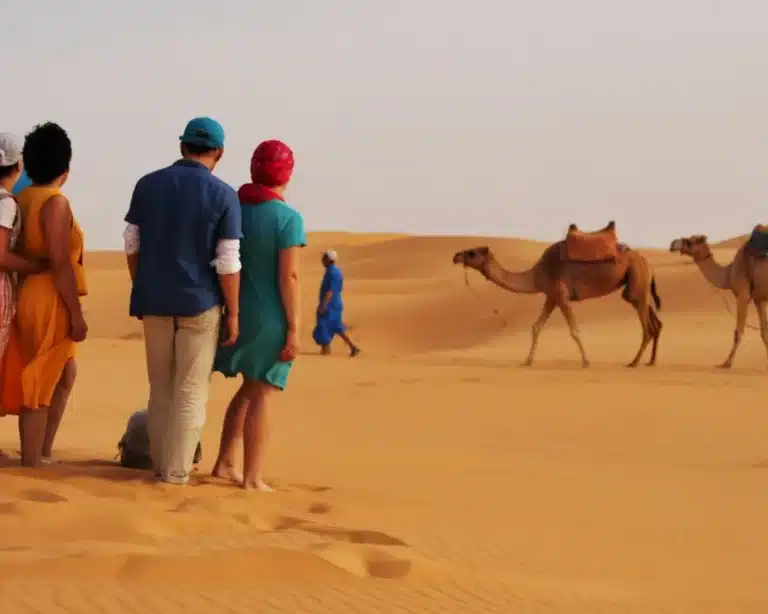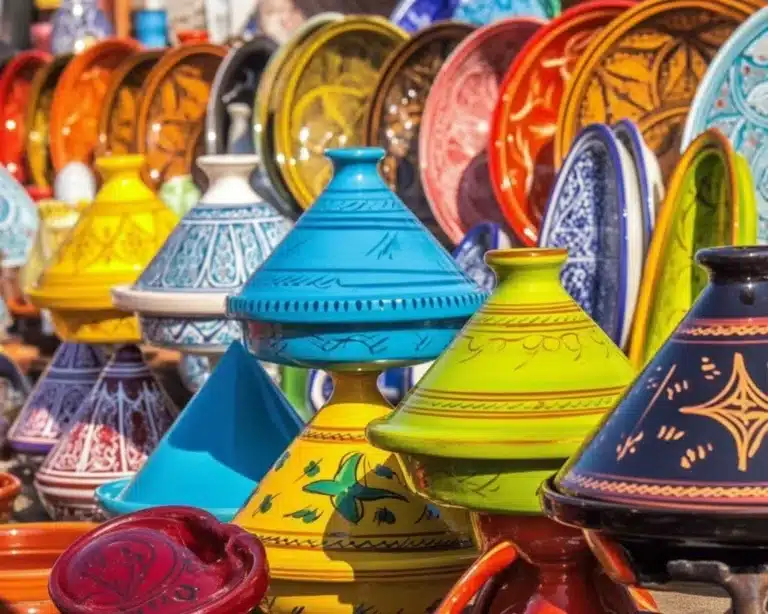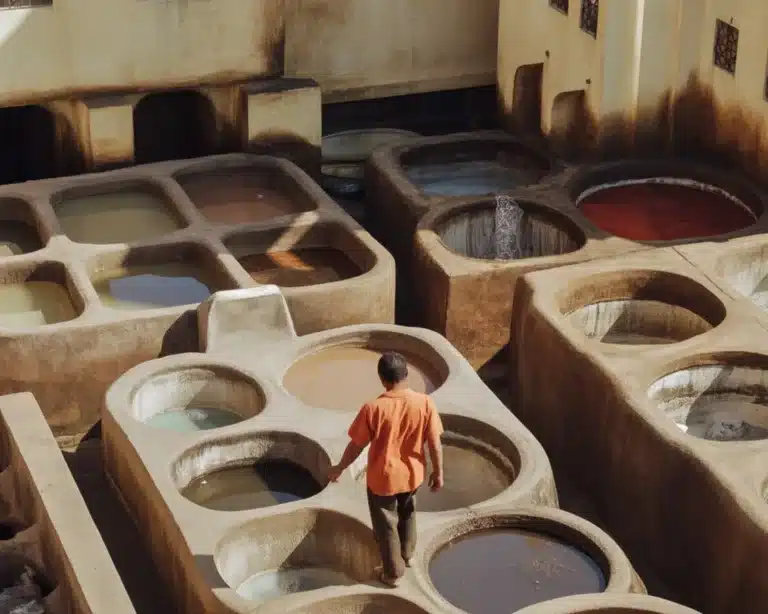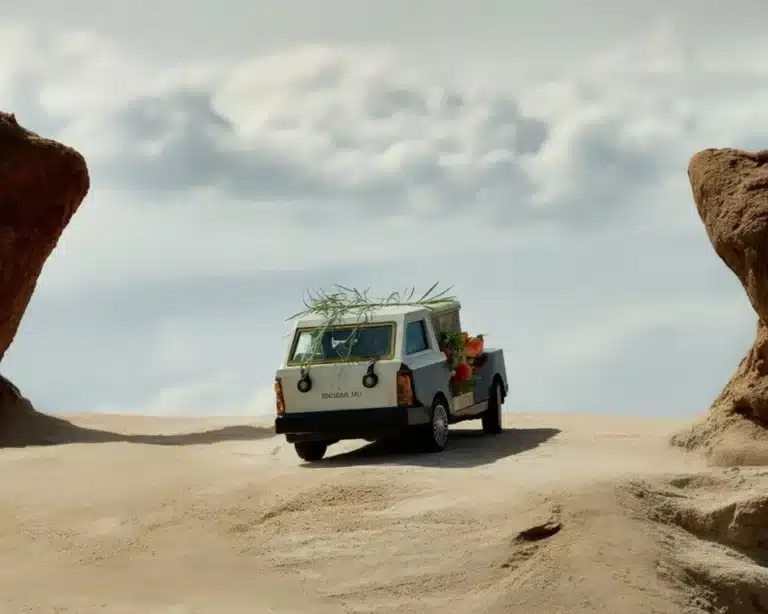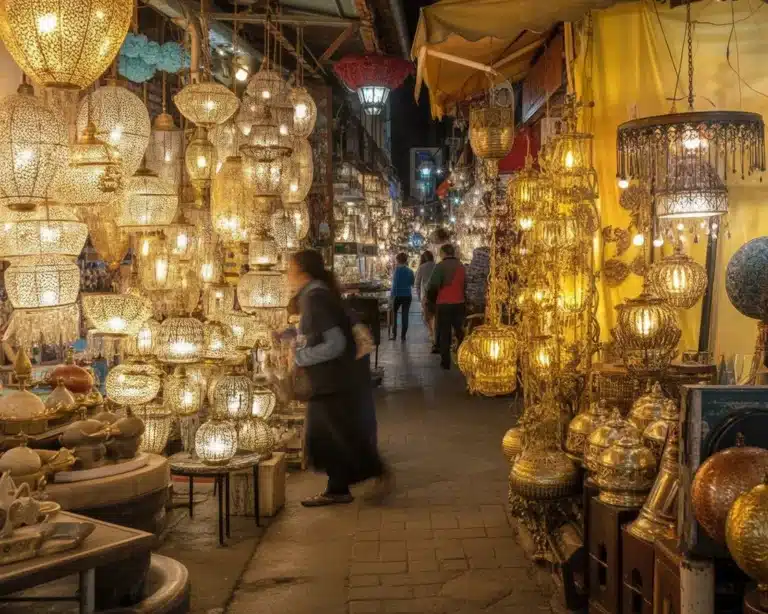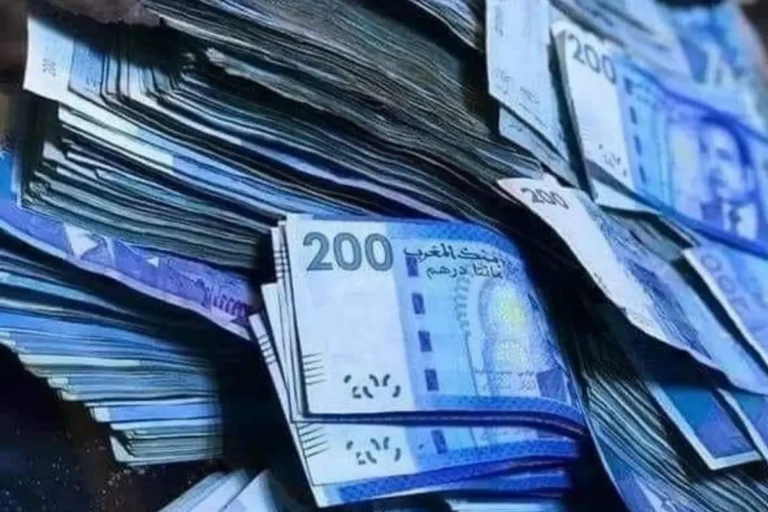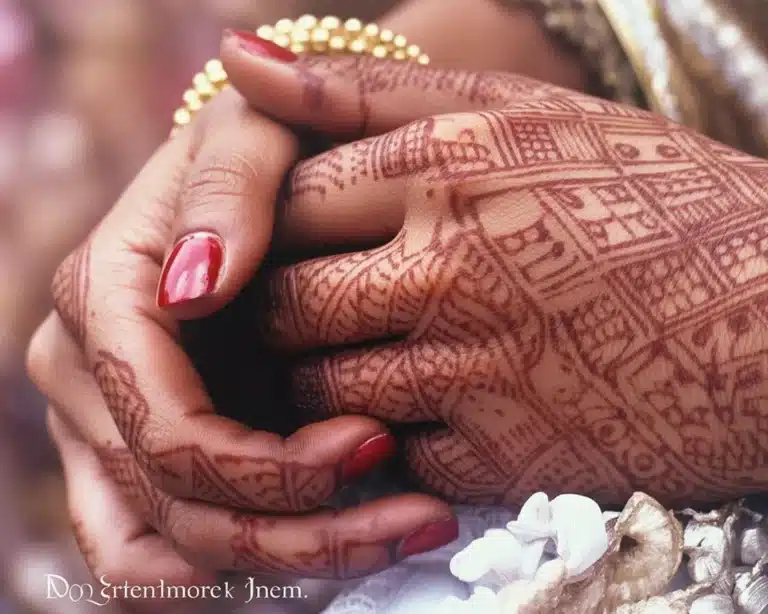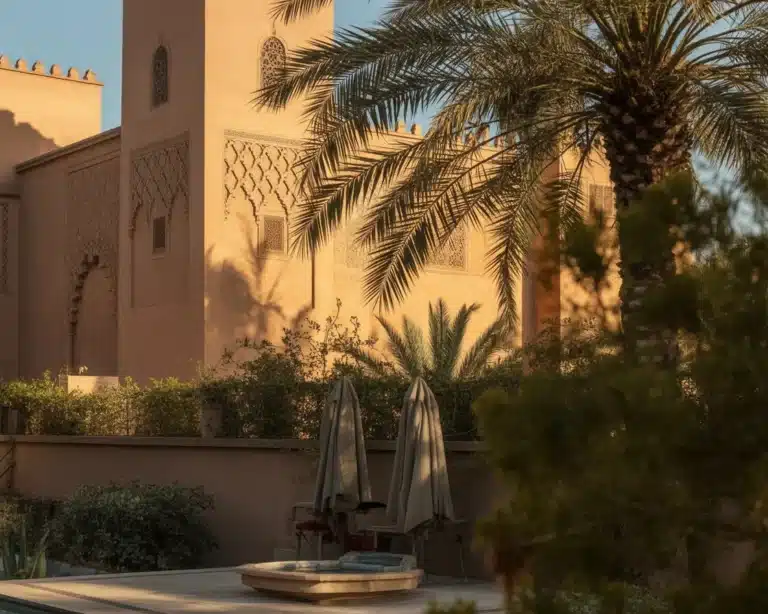Moroccan culture traditions truly surprised me on my first visit to some of the villages and cities in my home country Morocco. Honestly, I thought I knew a thing or two before my wanderings and discoveries. But it turns out there’s a lot more to it than meets the eye. Have you ever wondered why people say Moroccan hospitality is so different?
Let me take you inside this world, stuff I actually experienced, not just heard about. Oh, and you’re gonna want to see how Moroccan food brings people together, almost like magic. Be sure not to miss out on their tea traditions, which are just as important as anything else in daily life. Check out why travelers keep talking about Moroccan Food Culture and don’t skip the piece on Morocco Travel Tips for first-timers. 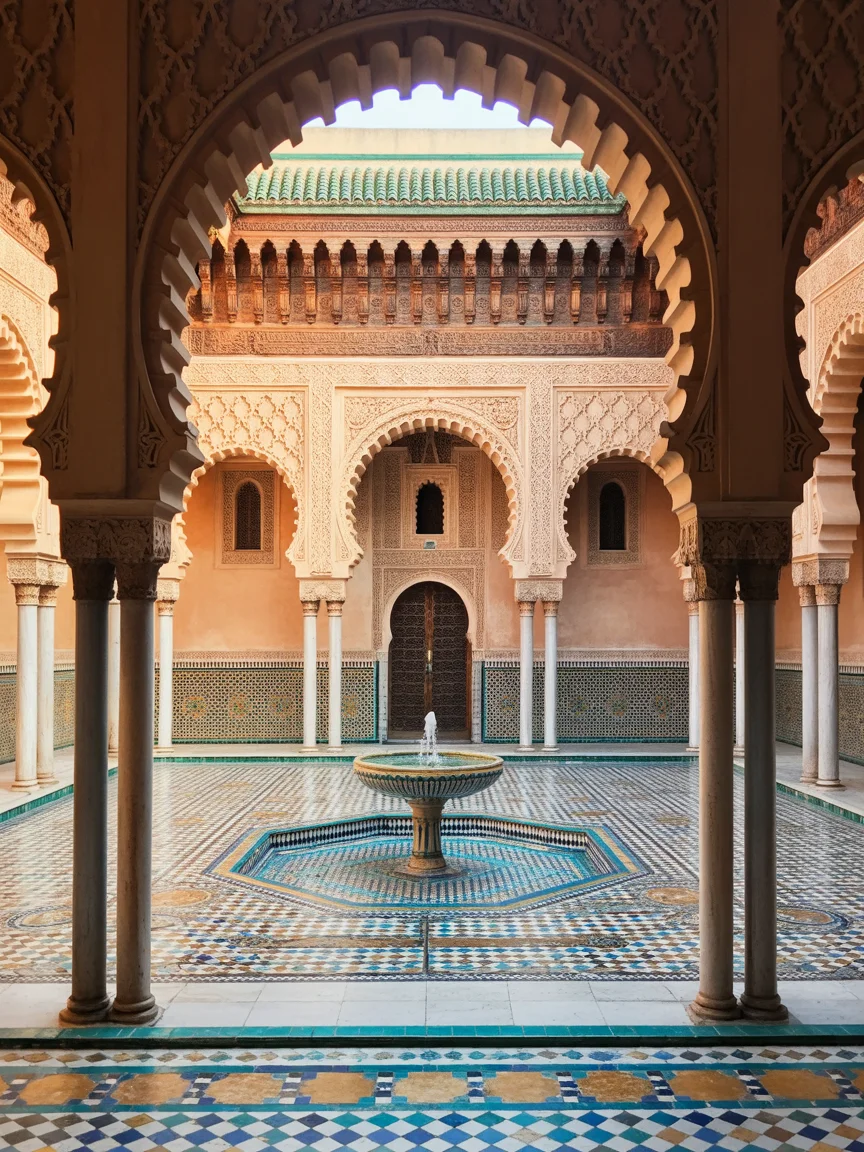
Table of Contents
Authentic Dining From Moroccan Culture Traditions
What’s the first thing you notice about Moroccan dining? The smells, hands down. Walk into any home, and there’s this cloud of spices, herbs, and bubbling tagines calling your name. Food is a centerpiece of Moroccan culture traditions—way more than just fuel to keep you moving. Dinners feel like family reunions, even when it’s just a regular Monday. Experiencing Moroccan culture traditions firsthand shows you how meals, gestures, and hospitality are all woven together.
You’ll see everyone sharing from big plates, scooping up bites with hunks of bread (seriously, forks are rare unless you ask). Couscous day? It’s Friday, a bit like Sunday roast for some other countries. People gather, laugh, argue, and celebrate over steaming mounds of semolina with slow-cooked veggies. Even if you’re not fluent in the language, you fit right in because Moroccan culture traditions do most of the talking.
Don’t be surprised if mint tea finds its way to your table every single time—poured high with all the flair you can imagine. And if you’ve ever tried Moroccan pastries—tiny, sweet, sticky things like chebakia—I bet you can’t just have one. Experiencing these foods is truly diving into Moroccan culture traditions.
“The warmth, the flavors, it feels like a five-star restaurant in someone’s living room. It’s unforgettable!” – Jamie, Marrakesh trip 2023
Guests are Welcome!
Here’s something I didn’t expect: in Moroccan Culture Traditions, opening your home (and table) to guests is almost sacred. Trust me, I tried to say, “No, thank you, I already ate”—didn’t work. Hospitality? It’s practically a competition around here. Neighbors will pop over, strangers become friends, and just like that, there’s another cup of tea on the table for you.
Once, I accidentally stumbled upon a local celebration. Within minutes, I was sharing stories with three grandmas, had my hands dusted with orange blossom water, and got a crash course in Moroccan proverbs. You’re not a guest, you’re part of the bundle.
When visiting, always bring a small gift—dates, maybe oranges in winter. It’s just polite! I learned the hard way that leaving before tea is downright rude (not that anyone will let you out the door that fast anyway). Kids dash around, elders swap stories, and you’ll notice respect for family runs deep. I’m telling you, this is the real magic.
Decorative Arts in Morocco
You can’t talk about Moroccan Culture Traditions without mentioning the wild, color-soaked decorative arts. Have you seen those mosaics—zellige, I think they’re called? Every wall, every fountain, downright every doorknob seems to be draped in intricate patterns. It blows my mind how something as simple as a lamp or plate becomes artwork.
The homes are thick with textiles. Pillows everywhere. Carpets you kinda want to roll up and bring home (but don’t, customs are strict!). Every souk is bursting with hand-painted ceramics, hammered metal lanterns, and pops of vivid blue and gold. Even the oldest tea trays have this something—I don’t know—old soul charm.
My favorite thing? Wandering into hidden courtyards. Lacy plasterwork, handwoven rugs on cool tile floors, and that sound of water trickling somewhere. Try not to trip on the lantern cords! If you’re looking for inspiration, you’ll find it in spades—Moroccan design honestly has a life of its own.
Religion
Morocco is mostly Muslim, and you’ll hear the call to prayer five times a day drifting over rooftops. Religion shapes daily life here, but it’s not as strict as you might guess. In Moroccan Culture & Traditions, faith blends into everything: how people greet you, the flow of community, even business hours.
During Ramadan, everything slows wayyy down during the day—kind of peaceful, if you ask me. But then sunset hits, and the whole city seems to wake up for iftar, the break-fast meal. Mosques fill, but you also notice that plenty of people just practice quietly, in their own style.
Also, respect goes a long way. Cover your shoulders in rural towns, and always ask before snapping photos near prayer areas. People are very proud of their spiritual history, but also super welcoming if you’ve got questions. I found Moroccan people mostly want you to see their country the way it truly is—not the way you see in the news.
National Holidays
Everyone loves a good holiday, but Moroccan Culture Traditions take it further. The calendar is packed with celebrations, both religious and national—always a reason to cook, laugh, and sometimes dance in the streets. Here are a few you might stumble upon:
- Eid al-Fitr pops up after Ramadan ends—huge feasts, family get-togethers, and lots of sweet treats. Don’t forget new outfits for everyone!
- Eid al-Adha (“The Feast of Sacrifice”) centers around family, charity, and sharing—plus a lot of lamb dishes.
- Independence Day lands in November, and cities burst into color with flags and lively parades.
- Mawlid celebrates the Prophet Muhammad’s birthday, with poems, music, and, yes, more food.
Try to time your visit with one of these—locals say holidays are the heart of Moroccan joy. There’s also the Gnaoua World Music Festival in Essaouira if you want rhythms that’ll stick in your ears for months.
Common Questions
Is Moroccan food spicy?
Not mouth-on-fire hot, but packed with flavor. Most dishes use warming spices like cumin and cinnamon.
Can I visit a Moroccan home as a tourist?
Absolutely—just say yes if someone invites you! It’s a highlight, but remember to be respectful and maybe brush up on table customs.
Are Moroccan markets safe for solo travelers?
Yeah, mostly. Watch your bags and practice your bargaining face, that’s all!
How do I act respectfully at religious sites?
Dress modestly, don’t interrupt prayers, and always ask before taking photos.
What’s the deal with Moroccan mint tea?
It’s more than a drink. It’s a welcome, a tradition, even a business deal! Seriously, you’ll drink a lot.
Why I Keep Coming Back to Morocco
Here’s my hot take: Moroccan Culture Traditions make every day feel like something special. The laughter at crowded tables, knick-knack-hunting in markets, or just sharing tea under the sun—you start to crave that gentle chaos. I never get bored. If you want to really dive in, check out the deep-dive with Moroccan Culture Traditions from Firebird Tours and get inspired by some real traveler stories there. Also, the Morocco Cultural Travel Guide offers some cool pointers on what to see and skip. Next time you’re planning a trip, remember Moroccan Culture & Traditions aren’t something you can just check off a list—they’re lived. Give it a try, let the flavors and smiles sweep you up, and I promise you’ll remember it for years. 